+8613776545860
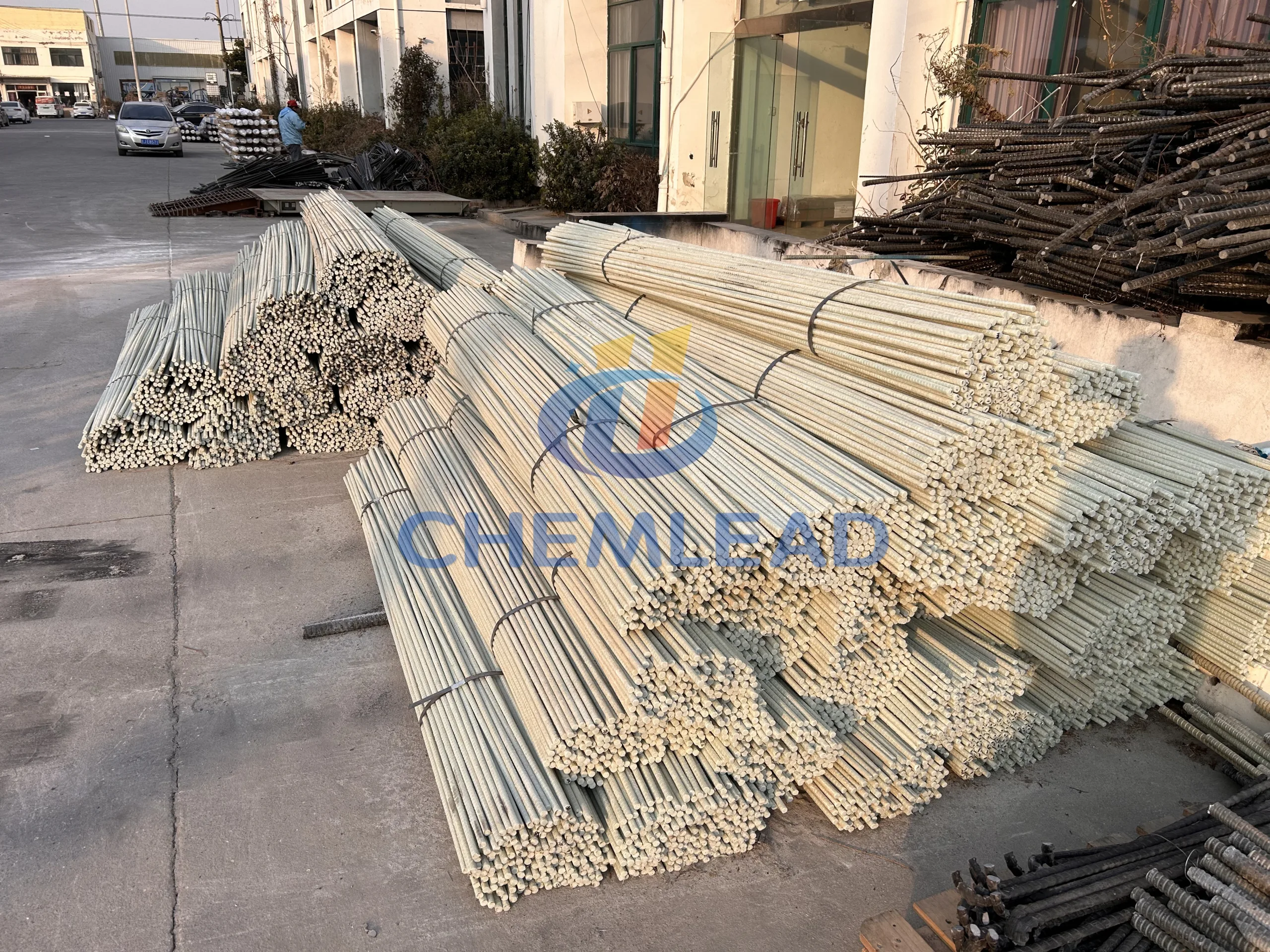
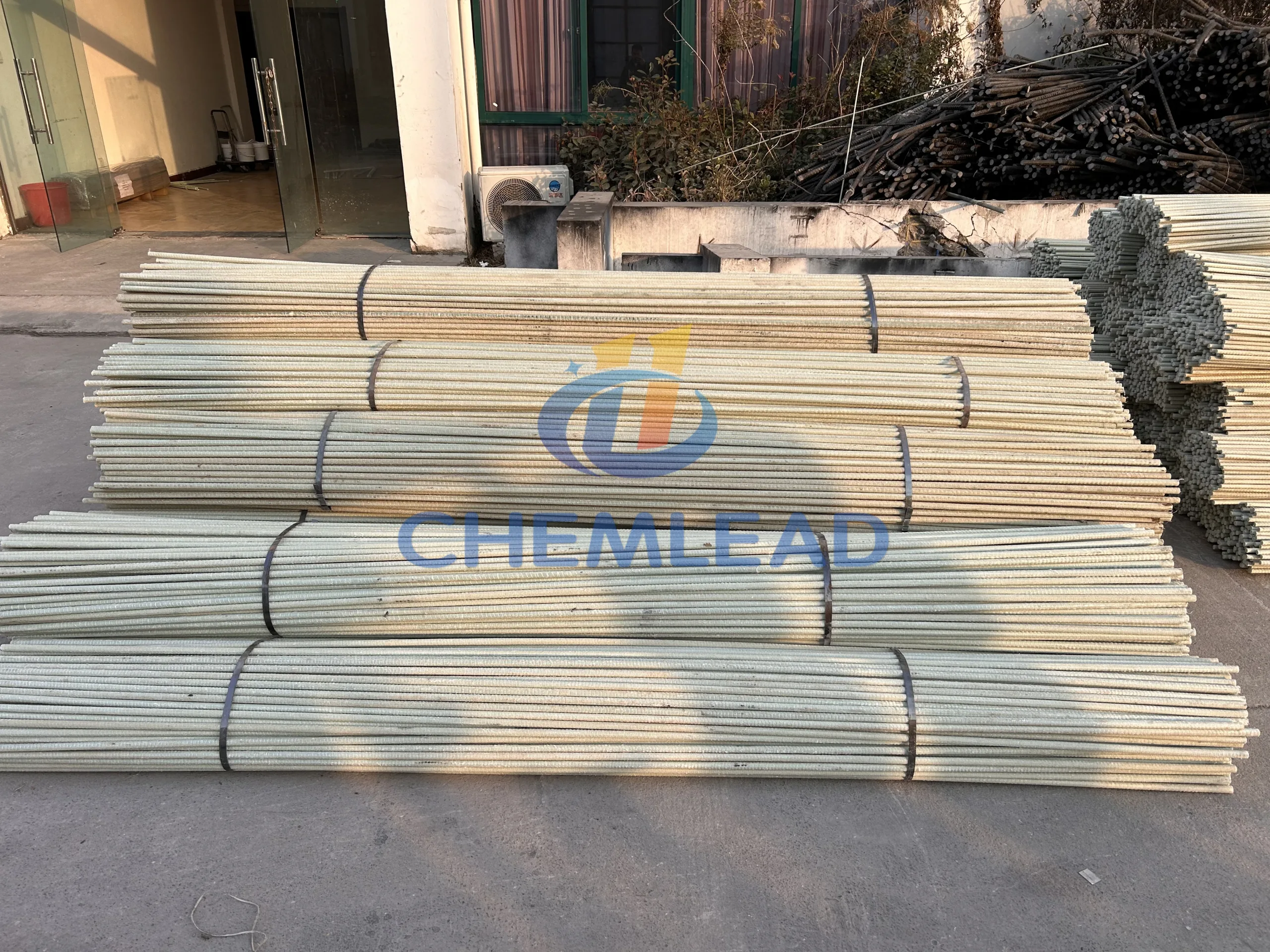
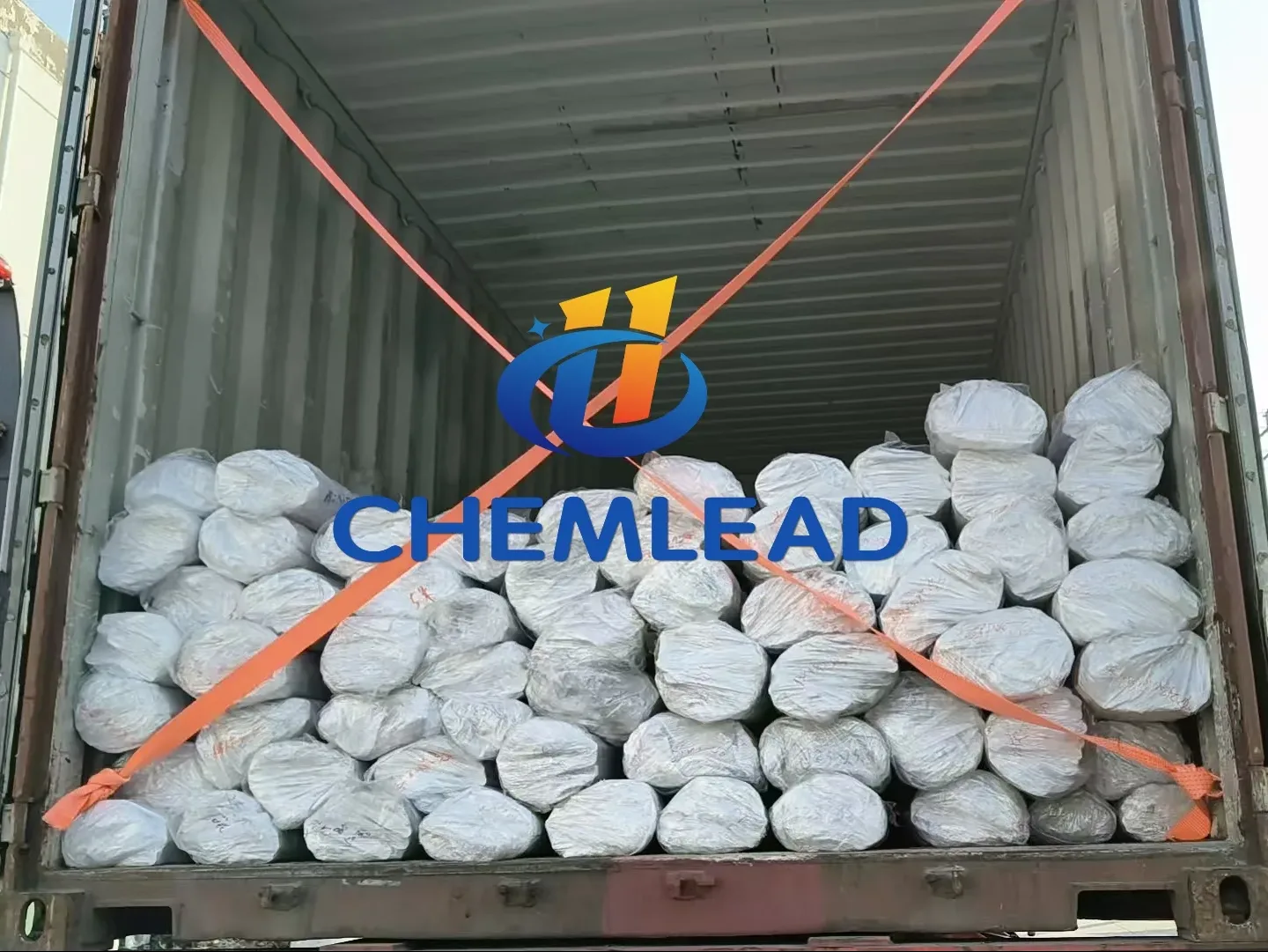
Fiberglass Rebar: The Future of Reinforcement in Construction
In the world of construction, reinforcement bars (rebars) are crucial for ensuring the strength and stability of concrete structures. Traditionally, steel rebar has been the standard, but as the construction industry pushes toward more sustainable and durable solutions, fiberglass rebar (also known as FRP rebar or glass fiber reinforced polymer rebar) is quickly gaining popularity. This innovative material offers numerous advantages over traditional steel, including corrosion resistance, lighter weight, and increased longevity. In this SEO-optimized blog post, we’ll explore the benefits, applications, and reasons why fiberglass rebar is the future of reinforcement in the construction industry.
What is Fiberglass Rebar?
Fiberglass rebar is a high-performance alternative to traditional steel reinforcement bars. Made from glass fiber embedded in a polymer resin, fiberglass rebar provides the same strength as steel rebar but is far lighter and more durable in harsh environments. It is also resistant to corrosion, making it ideal for projects in environments where steel reinforcement would typically deteriorate, such as in marine, highway, or chemical plant construction.
Why Choose Fiberglass Rebar Over Steel Rebar?
1.Corrosion Resistance:
•One of the biggest advantages of fiberglass rebar is its corrosion resistance. Unlike steel, which can rust and weaken when exposed to moisture and chemicals, fiberglass rebar does not corrode. This makes it a perfect choice for areas exposed to water, chemicals, or salts, such as bridges, highways, tunnels, and marine environments.
2.Lightweight:
•Fiberglass rebar is significantly lighter than steel rebar, making it easier to handle, transport, and install. Its lightweight nature reduces labor costs and overall installation time, improving project efficiency.
3.High Strength-to-Weight Ratio:
•Despite being lightweight, fiberglass rebar boasts an excellent strength-to-weight ratio. It provides the same or even better tensile strength than steel while reducing the weight of the reinforcement in the concrete structure.
4.Non-Conductive:
•Fiberglass rebar is non-conductive, making it ideal for use in environments where electrical conductivity could pose a hazard, such as in power plants or electrical installations.
5.Longevity and Durability:
•With its ability to withstand extreme environmental conditions (such as exposure to water, chemicals, or high temperatures), fiberglass rebar has a significantly longer service life compared to steel rebar. This results in reduced maintenance and replacement costs over time.
6.Sustainability:
•As the construction industry moves towards more sustainable practices, fiberglass rebar aligns perfectly with this shift. It is made from recyclable materials, and its longevity means fewer replacements and less waste, contributing to more sustainable building practices.
Applications of Fiberglass Rebar
1.Marine Structures:
•For marine construction (e.g., docks, piers, seawalls), fiberglass rebar is an ideal solution due to its resistance to saltwater corrosion. Unlike steel rebar, which rusts when exposed to saltwater, fiberglass rebar remains strong and durable, reducing the need for repairs and maintenance.
2.Road and Bridge Construction:
•Highway projects and bridge construction benefit from the corrosion resistance of fiberglass rebar, particularly in areas with high salt usage for de-icing during winter. Using fiberglass rebar ensures the structure’s longevity even in harsh environmental conditions.
3.Tunnels and Underground Structures:
•In tunneling projects, fiberglass rebar’s resistance to corrosion and ability to withstand high pressures make it a preferred choice for reinforcing tunnel linings. It’s also beneficial in sewage treatment plants and other underground facilities where steel is prone to corrosion.
4.Chemical and Industrial Facilities:
•Fiberglass rebar is commonly used in chemical plants or water treatment plants, where concrete is frequently exposed to harsh chemicals and high humidity. Its corrosion resistance ensures that the concrete structures will last longer without needing significant repairs.
5.Residential and Commercial Buildings:
•Fiberglass rebar is increasingly being used in residential and commercial construction for foundations and floor slabs, particularly in areas that experience high humidity or where the soil contains chemicals or salt.
Advantages of Using Fiberglass Rebar in Construction
•Reduced Maintenance Costs: With its corrosion resistance and longevity, fiberglass rebar significantly reduces the need for repairs and replacements, cutting long-term maintenance costs.
•Faster Installation: Due to its lightweight nature, fiberglass rebar is easier and faster to install, which helps speed up project timelines and reduces labor costs.
•Enhanced Structural Integrity: Fiberglass rebar offers superior bonding with concrete, improving the overall strength of the structure and its ability to withstand stress.
•Improved Safety: Since fiberglass rebar is non-conductive, it reduces the risk of electrical hazards in certain types of construction projects.
•Sustainability: Fiberglass rebar aligns with the growing demand for more eco-friendly building materials, offering a longer lifespan and less need for replacement, reducing environmental impact.
How to Load and Transport Fiberglass Rebar: Container Loading Example
When transporting fiberglass rebar, ensuring the material is securely loaded and protected is crucial for maintaining its quality during transit. Here’s an example of how fiberglass rebar is typically loaded into containers for shipping:
•Efficient Loading: Fiberglass rebar is loaded into shipping containers using a carefully organized stacking system to ensure that the bars are not damaged during transportation.
•Protection: To prevent damage from external elements such as moisture and impact, fiberglass rebar is often packed in protective coverings, such as plastic wraps or protective netting.
•Labeling: Containers are clearly labeled to identify the contents and ensure proper handling at each stage of the shipping process.
Example of fiberglass rebar being loaded into a shipping container for export
Conclusion
Fiberglass rebar is revolutionizing the way we approach reinforcement in construction. With its superior corrosion resistance, lightweight design, high strength-to-weight ratio, and long service life, it is becoming the material of choice for a wide variety of projects, from marine structures to highway construction. By choosing fiberglass rebar, builders and contractors can reduce maintenance costs, improve safety, and contribute to a more sustainable construction industry.
If you’re considering using fiberglass rebar for your next project, make sure to consult with experts who can guide you through the selection process, ensuring you choose the best rebar for your specific needs. The future of construction is here, and it’s fiberglass!

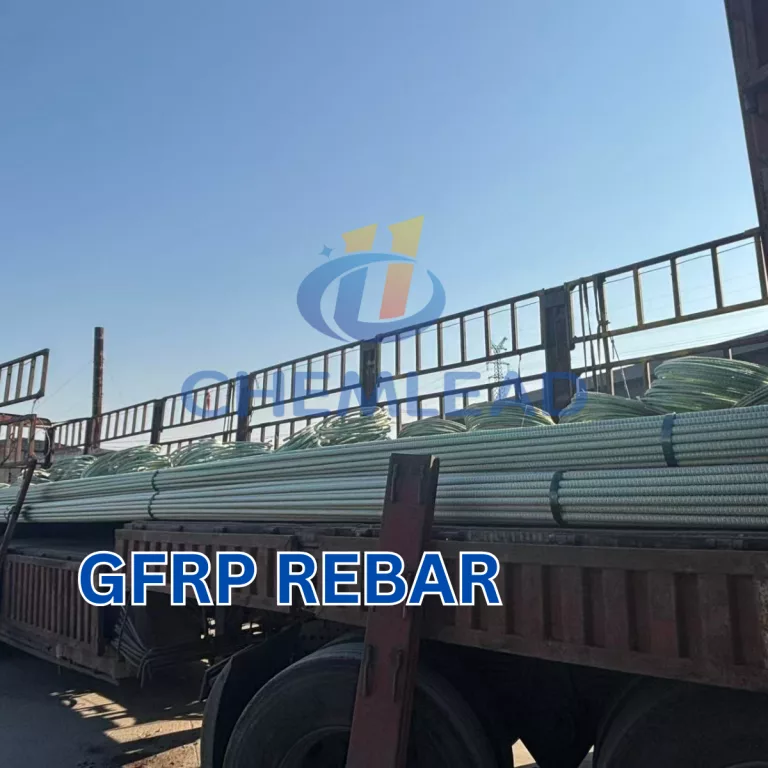
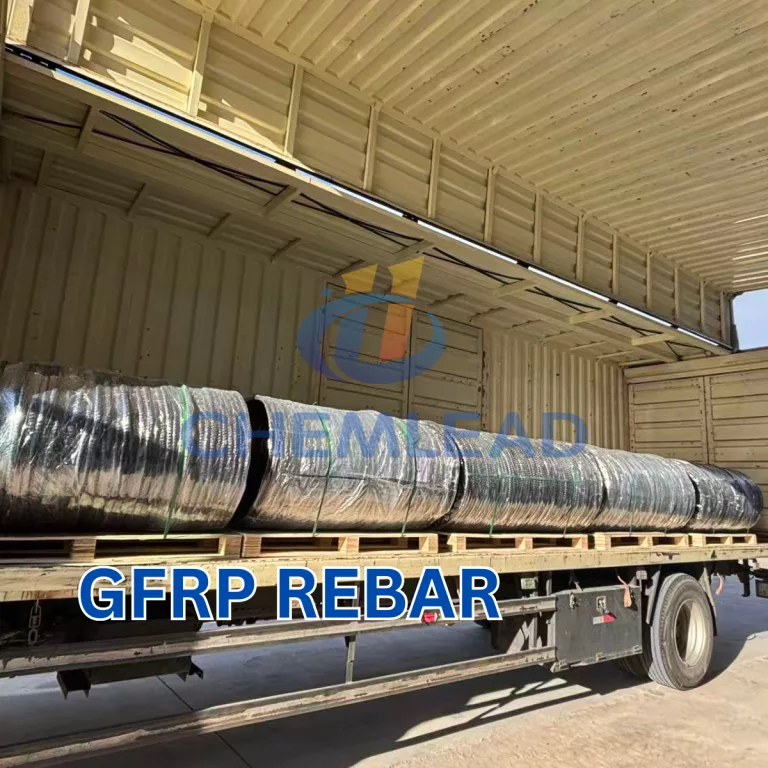
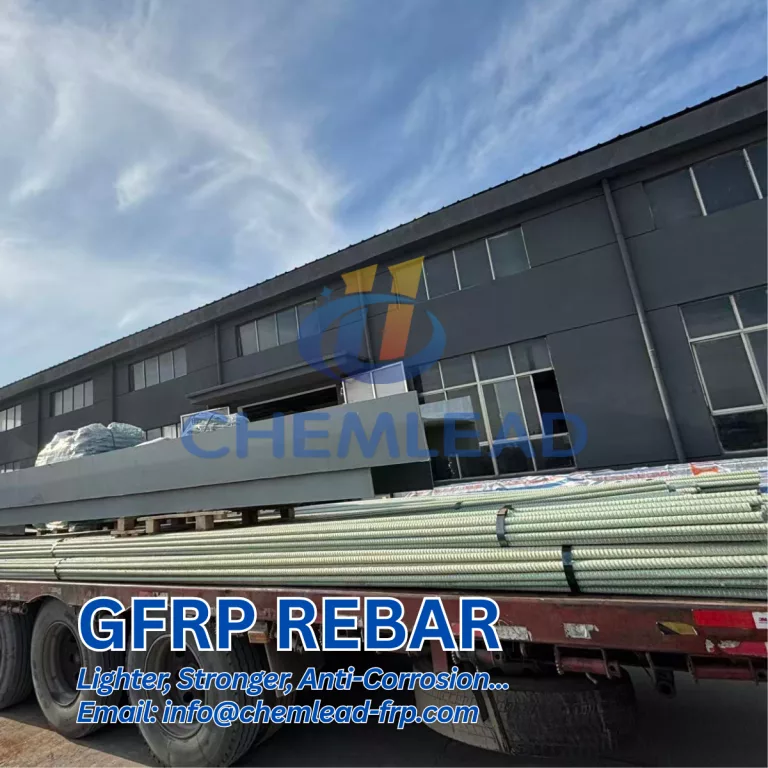
 Get Free Quote Now! Don’t Hesitate!
Get Free Quote Now! Don’t Hesitate!